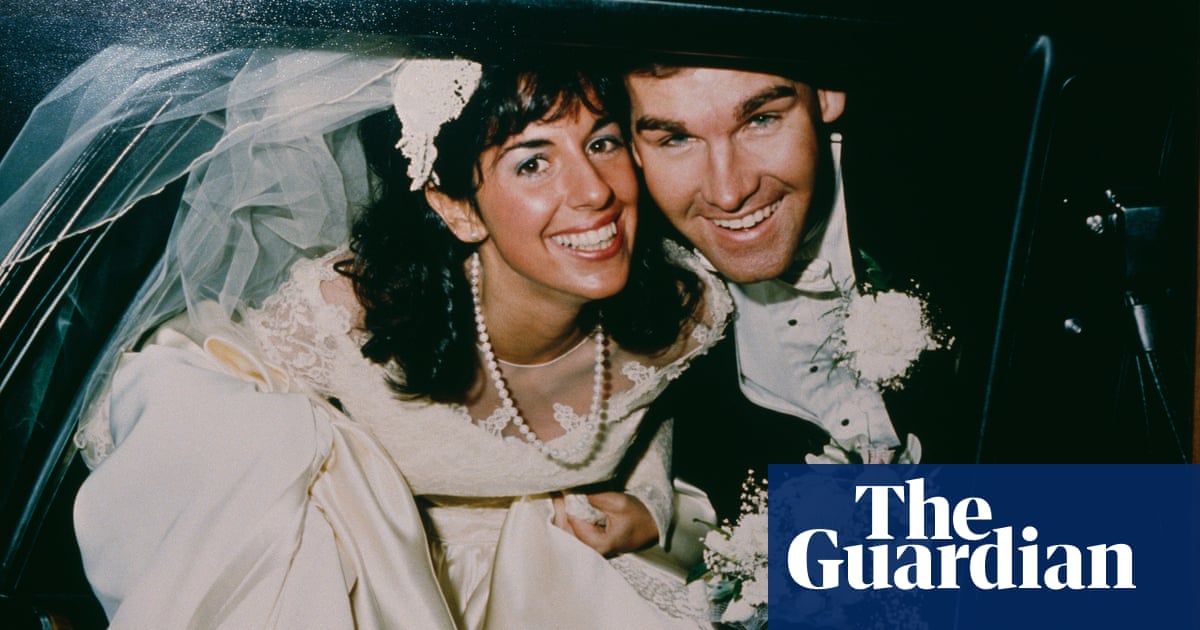
Iwas sitting on a stage inside a tent recently, surrounded by the mountains and valleys of the beautiful Brecon Beacons national park, and gazing out into a sea of hundreds of faces – audience members, mostly silhouetted.
“Put your hand up if you’re a person of colour,” I said.
Only three hands were raised. My mouth dropped open, though this staggeringly small number shouldn’t have surprised me. All weekend, I had stuck out like a sore brown thumb in this green landscape – yet I’ve had similar experiences during all my journeys through the UK countryside.
I was in the mountains to do a gig about my new book, I Belong Here. One summer and autumn two years ago, I walked hundreds of kilometres through the Pennines, known as “the backbone of Britain”, climbing mountains, roaming along riverbanks and walking through meadows and moorland. My journey was prompted by having been racially abused while travelling by train through the north of England, where I was born and bred. I walked as a way of saying: I won’t let race hate stop me travelling freely and without fear in a country where I belong.
The racist man told me to go back to where I’m from – and so I did. I’m from the UK, and the train on which we were travelling even passed through my home town of Manchester along the way. It was a TransPennine train – and the Pennines came to haunt my dreams thereafter, calling me to journey through the landscape.
I found that walking through nature and drawing strength from living entities of the natural world did wonders for my wellbeing, alleviating the anxiety and depression I had experienced after the hate incident. Walking alone in nature, I felt liberated from the prejudices of humans.
Nature itself is refreshingly non-judgmental: a bird or butterfly or tree is not going to ask me where I’m from, I can simply be; nor does a river or mountain or flower care about my skin colour. All are living entities whose energy I found myself drawing strength from.
I relish being in the non-discriminatory natural world. The heartbreaking irony, however, is that toxic notions of who nature belongs too, and who belongs in nature – notions imposed by humans – are rife. My walking journey began in the Peak District, where, last summer, during the Black Lives Matter protests, a White Lives Matter banner was unfurled on the top of Mam Tor (meaning “mother hill”) by a white supremacist group. A year on, and such poisonous beliefs about place, nature and belonging are far from eradicated – a far-right group recently hung a White Lives Matter banner on the top of Ben Nevis.
Mistaken notions of Britishness include the racist belief that brown and black people are somehow less British than white people – and therefore don’t belong in places regarded as quintessentially British, such as the countryside.
Yet a walk in nature shows how much the colours of brown and black are a part of the natural world: the tree barks, soil, rivers (most I saw on my walk were more brown than blue), and the glorious night sky. Yet some humans such as myself have been bullied on account of our colour – and this can all too easily be internalised. Can you imagine the purple thistle teasing the grass about its greenness? Can you imagine a blade of grass having low self-esteem about its colour?
My relationship with nature deepens by the day and the pandemic has shown how vital nature is for all of our wellbeing. Now I’m retracing my journey, walking through the natural landscapes of the north again, and traversing other Pennine routes and countryside pathways. I’m giving out free copies of my book along the way, as well as giving free nature-writing workshops for marginalised groups. As the world reopens after lockdown, and journeys become possible once more, I hope to help give people a greater sense of belonging. It’s crucial that people from all backgrounds have access to nature, for each and every one of us belongs here.
Anita Sethi is a nature writer and author of I Belong Here: a Journey Along the Backbone of Britain












